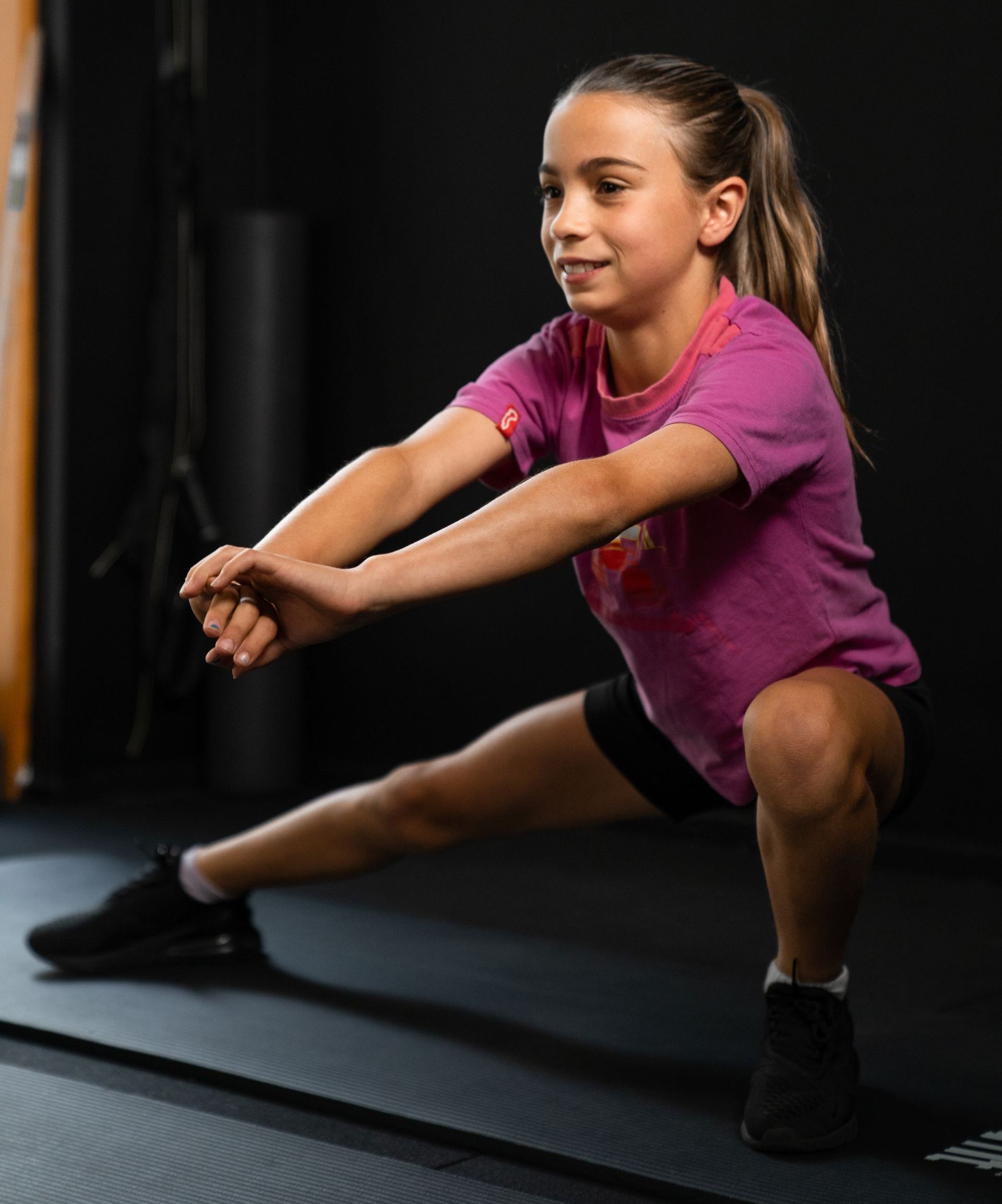Physiotherapy for young athletes

Physiotherapy plays a crucial role in supporting the health, performance, and injury prevention needs of young athletes. Here's an overview of physiotherapy for young athletes:
- Injury Prevention:
- Physiotherapists work with young athletes to assess their biomechanics, movement patterns, and musculoskeletal health to identify areas of weakness or imbalance that may increase the risk of injury.
- They design personalised injury prevention programs that include strength and conditioning exercises, flexibility training, proprioceptive exercises, and sport-specific drills to improve stability, mobility, and resilience.
- Performance Enhancement:
- Physiotherapists help young athletes optimise their athletic performance by addressing limitations in strength, flexibility, agility, and movement efficiency.
- They develop tailored training programs to enhance functional movement patterns, improve biomechanics, and maximise athletic potential while minimising the risk of injury.
- Rehabilitation and Recovery:
- In the event of an injury, physiotherapists play a vital role in the rehabilitation process, guiding young athletes through progressive exercises and interventions to promote tissue healing, restore strength and mobility, and facilitate safe return to sport.
- They use evidence-based techniques such as manual therapy, therapeutic exercises, modalities, and neuromuscular retraining to accelerate recovery and minimise the risk of re-injury.
- Sport-Specific Rehabilitation:
- Physiotherapists tailor rehabilitation programs to the specific demands of the athlete's sport, considering factors such as movement patterns, biomechanics, and training requirements.
- They simulate sport-specific movements and activities during rehabilitation to ensure a seamless transition back to competition and minimise the risk of performance deficits.
- Education and Empowerment:
- Physiotherapists educate young athletes about the importance of proper warm-up, cool-down, and recovery strategies to prevent injuries and optimise performance.
- They empower athletes with knowledge about injury management, self-care techniques, and lifestyle modifications to support long-term health and athletic success.
- Psychosocial Support:
- Physiotherapists recognise the psychological impact of injuries on young athletes and provide support and encouragement throughout the rehabilitation process.
- They collaborate with coaches, parents, and other members of the athlete's support network to ensure holistic care and a positive return-to-sport experience.
Overall, physiotherapy for young athletes aims to promote physical health, optimise performance, prevent injuries, and support holistic development, enabling athletes to reach their full potential while enjoying a safe and fulfilling athletic experience.
Physiotherapy for Kids & Youth
Pediatric physiotherapy focuses on addressing the unique needs of children from infancy through adolescence to promote optimal physical development, mobility, and functional independence. Here's an overview:
- Developmental Delays: Pediatric physiotherapists assess and treat children with developmental delays in motor skills, such as crawling, walking, jumping, and fine motor coordination. They work to enhance developmental milestones and improve overall motor function.
- Orthopedic Conditions: Children with orthopedic conditions like fractures, sports injuries, or congenital abnormalities benefit from physiotherapy to improve strength, range of motion, and functional mobility. Treatment may include exercises, manual therapy, and orthotic interventions.
- Neurological Disorders: Physiotherapy plays a crucial role in managing neurological conditions such as cerebral palsy, spina bifida, or genetic disorders. Therapists focus on improving muscle tone, balance, coordination, and motor skills through specialised techniques and exercises.
- Respiratory Conditions: Pediatric physiotherapists assist children with respiratory conditions like asthma, cystic fibrosis, or bronchiolitis by teaching breathing exercises, airway clearance techniques, and chest physiotherapy to improve lung function and respiratory endurance.
- Postural Issues: Addressing postural problems early in childhood can prevent future musculoskeletal issues. Physiotherapists provide education, exercises, and interventions to improve posture and alignment, reducing the risk of pain and dysfunction.
- Pain Management: Children experiencing pain due to injuries, medical conditions, or musculoskeletal issues benefit from physiotherapy interventions such as modalities, therapeutic exercises, and manual therapy techniques to alleviate pain and discomfort.
- Family-Centered Care: Involving parents and caregivers in the therapy process is crucial. Pediatric physiotherapists provide education, support, and guidance to families, empowering them to participate actively in their child's rehabilitation journey.
- Play-Based Therapy: Therapy sessions often incorporate play and fun activities to engage children in therapy while promoting motor skills, coordination, social interaction, and cognitive development.
Pediatric physiotherapy aims to improve a child's overall well-being, independence, and participation in daily activities, school, and recreational pursuits, setting the foundation for a healthy and active life.




